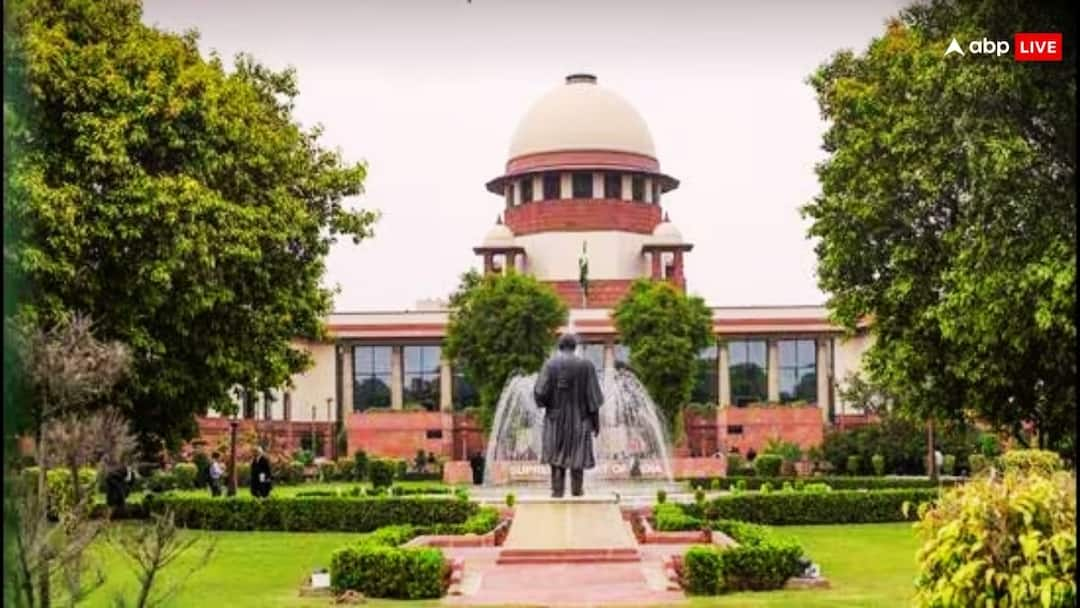The Supreme Court has raised a crucial question over the role of Aadhar card in the SIR verification . The top court asks should a non-citizen holding an Aadhaar card automatically be entitled to vote? The court’s observations come amid growing concerns that intruders may be securing Aadhaar cards and potentially influencing electoral rolls.
The bench, led by Chief Justice of India Surya Kant and Justice Bagchi, emphasised that Aadhaar is designed primarily to facilitate social welfare benefits and cannot serve as definitive proof of citizenship. “Aadhaar is a statutory tool for availing benefits. It does not confer citizenship or domicile,” the court said, adding that possessing an Aadhaar card should not automatically translate into voter eligibility.
Special Intensive Revision of Voter Lists Under Scrutiny
The Supreme Court is currently hearing petitions challenging the Election Commission’s decision to conduct Special Intensive Revision (SIR) of electoral rolls in several states, including Tamil Nadu, Kerala, and West Bengal.
“The Aadhaar card is one document among several that can be used in the voter verification process,” the bench clarified. “If anyone is removed from the rolls, they must receive a formal notice of deletion.” The court reaffirmed that the Election Commission has the authority to assess the validity of documents submitted with Form 6 applications seeking inclusion in voter lists. “The poll body is not a post office,” the judges noted.
A schedule has been fixed for hearing petitions specifically against SIR in the three states, with the Election Commission required to submit responses by December 1. Petitioners will then have the opportunity to file rejoinders, with the cases set to be heard shortly thereafter.
Concerns Over Voter Exclusion and Democratic Rights
Senior Advocate Kapil Sibal, representing some petitioners, warned that the SIR process raises fundamental questions about democratic participation. “It imposes an unconstitutional burden on ordinary voters, many of whom are illiterate. Filling these forms is not their responsibility. Those unable to complete them risk being removed from electoral rolls,” he argued.
Sibal emphasised that once a voter’s name is included in the electoral roll, it should be presumed valid unless proven otherwise. “Any exclusion must follow a process that is both reasonable and fair,” he said. He added that while Aadhaar may not conclusively prove citizenship, it should carry a presumption in favour of the holder. “I have an Aadhaar, which reflects my residence. If it is challenged, the process of removal must be fair and verifiable in court,” he stated.
Balancing Accuracy With Inclusion
Justice Bagchi highlighted the necessity of maintaining accurate voter lists, particularly by removing names of deceased voters. Noting that electoral rolls are publicly displayed in panchayats and online, the judge clarified, “We do not make decisions in a vacuum.”



